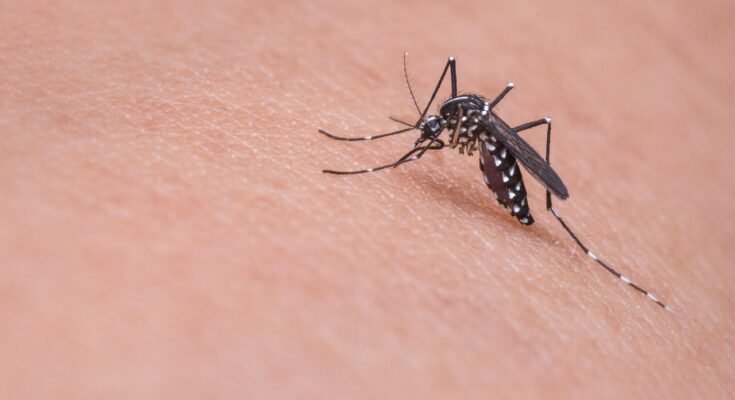What is malaria?
Malaria is a deadly caused by a parasite known as plasmodium, the disease is transmitted through the bite of a female Anopheles mosquito that carries the parasite. Malaria is particularly common tropical countries like those in African, Asia and of South America.
How Does Malaria Spread?
Malaria spreads when an infected female mosquito bites a Healthy person
When the mosquito bites someone with malaria. it ingests the parasite later if it bites another person, it transfers the parasite into that person’s bloodstream.
Main Symptoms of malaria the common symptoms of malaria include
Recurring high fever, chills and body shivering, headache, vomiting and nausea, extreme fatigue, Diarrhea and stomach pain, excessive sweating, muscle pain
Without prompt treatment the disease can lead to serious complications such as brain damage or death.
Who is most Vulnerable to malaria?
Groups that are most vulnerable to malaria include
Children under the age of 5 years
Pregnant women
People with weak immune systems
People living in malaria endemic areas.
Individuals who have never had malaria before.
How is malaria Diagnosed?
Malaria is diagnosed through blood testing there are two common methods
1. Microscopy A sample of blood is examined under a microscope to detect parasites.
2. Rapid Diagnostic Tests {RDT} quick tests that provide results within minutes.
Accurate diagnosis is essential for proper treatment.
How is malaria Treated?
Malaria is treatable. The most effective medications include
. Artemisinin based combination Therapy {ACT} The most widely used and effective modern treatment
Chloroquine or Quinine used for specific types of the malaria parasite.
Early treatment is critical prevent life threatening complications.
Are there side Effects to the Medication?
Most malaria medication are safe but they can cause minor side effects such as
Nausea, Headache, Fatigue, Stomach upset or diarrhea, sometimes insomnia
These side effects are usually temporary and saving the patient’s life is for more important than the mild discomforts.
How Can Malaria Be Prevented?
Preventing malaria is very important, Effective methods include
1. Sleeping under insecticide treated mosquito nets
2. Indoor spraying for mosquito killing insecticides
3. Wearing long sleeved clothing to Cover the body
4. Using mosquito repellent creams or sprays
5. Avoiding stagnant water areas where mosquito breed
6. Taking preventive pills if traveling to malaria prone areas
Female vs. Male Mosquito Which Has More Impact?
Only the female mosquito transmits malaria because she feeds on blood to nourish her eggs
Male mosquito and do not feed on blood and do not transmit the disease. Therefore, female are the main culprits in spreading malaria.
Is malaria Dangerous?
Yes, malaria is a deadly disease if not treated promptly it can cause
Severe anemia, Brain damage cerebral malaria
Liver and kidney Failure, Dearth
Each year malaria kills hundreds of people mostly young children in Africa.
Conclusion
Malaria is a serious but preventable and curable disease, if detected early and treated quickly it can be overcome. Prevention is the best defense, Communities, governments, and health organizations must work together to fight and eliminate malaria worldwide.



